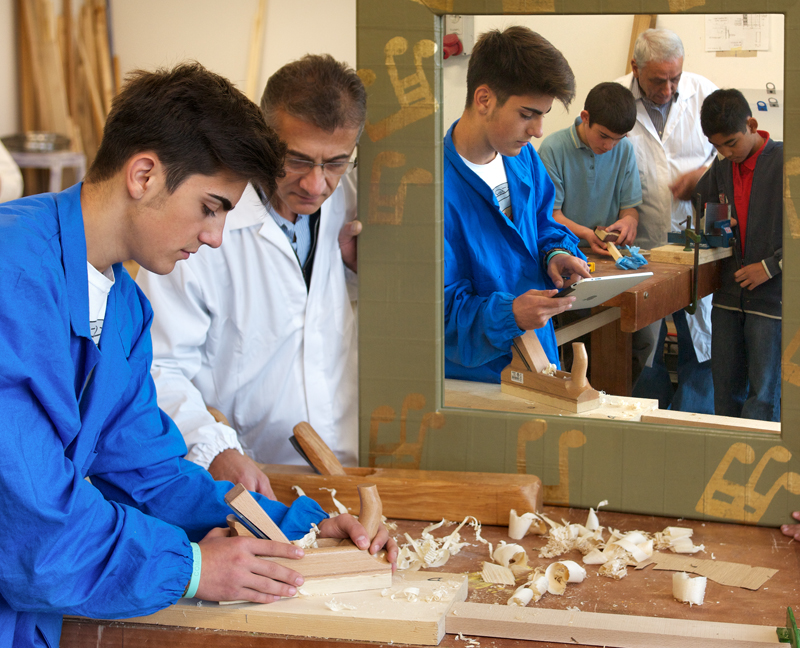Recent debate on VET, at both institutional and academic levels, points out the need for new approaches able to face the current and future challenges: (technical and social) innovation, attitude to lifelong learning, internationalization, literacy, among the others (Dato, 2017). A stronger partnership between the industrial and the educational systems is increasingly suggested (WEF, 2016). However, it is clear that rather than rooted only on work-based learning, the needed competences for the “unknown future” (Mulder, 2017) depend on new approaches able to stimulate in the students/apprentices a lifelong learning attitude (Pouliakas, 2017). This research, based on a case study analysis, aims at outlining the main elements of originality of a new approach called “reality-based learning” developed by Cometa Formazione-Oliver Twist School and measuring a set of KPIs to evaluate outcomes and social impacts of the approach. In this approach, both the professional training and the general education are integrated in a learning process based on involving students in the design and production of real products for real customers in school’s workshops. The analysis outlines mainly positive results in terms of human and relational growth; cultural and professional growth; school dropout reduction and public system savings; employment increase.
(Article by Paolo Nardi and, from Politecnico di Milano, Irene Bengo and Debora Caloni, presented at ECER 2018 and published on the Special Issue of IJRVET)



